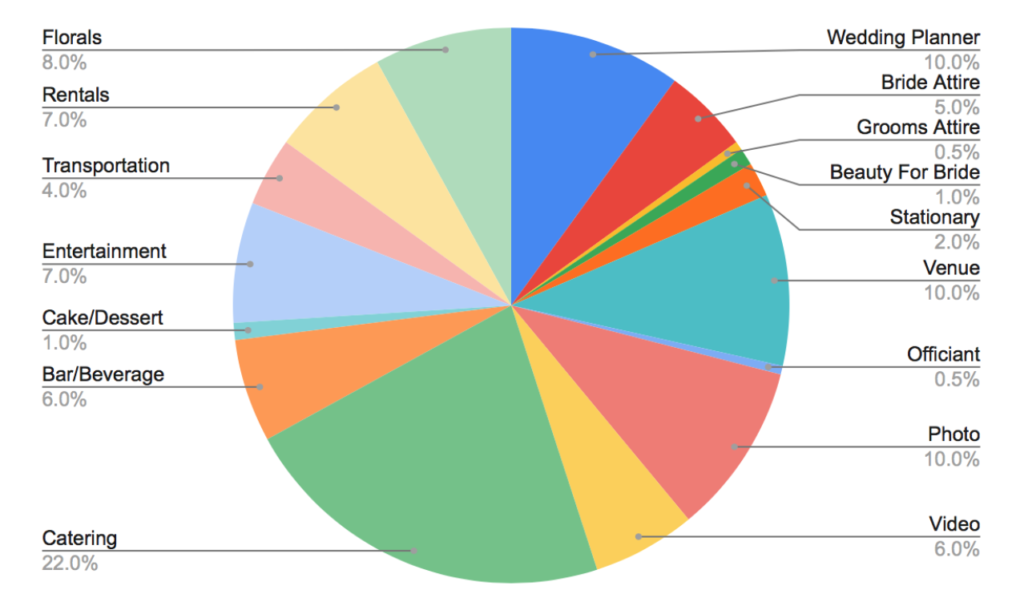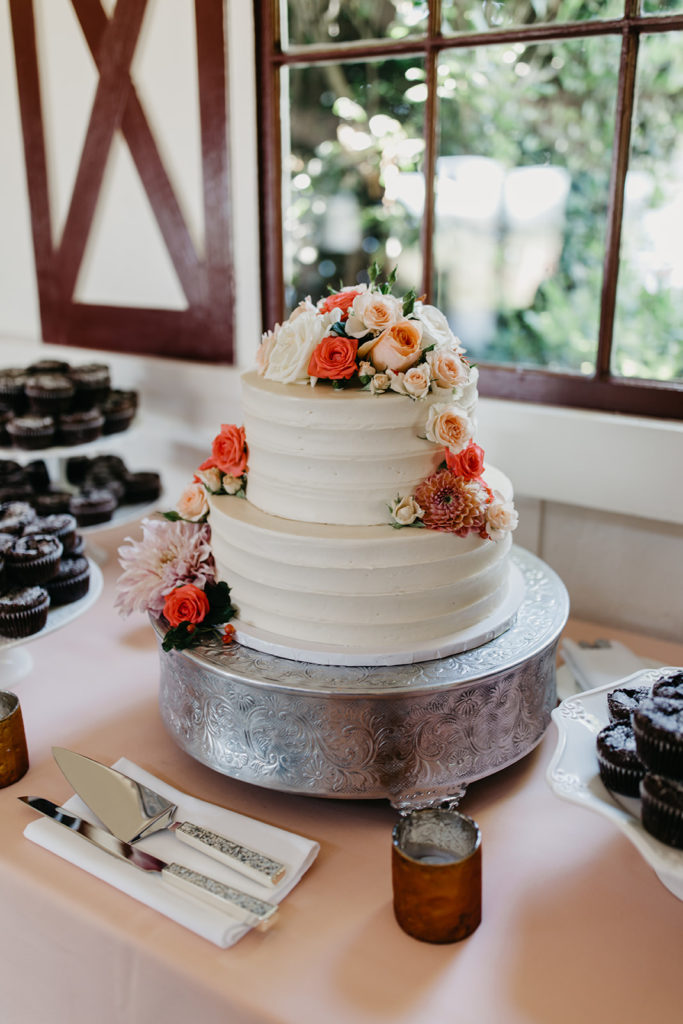Plan a Wedding like a Pro Part 2 – Creating a Stellar Budget
A budget is fundamental to successfully planning a wedding, here are some tips to get a clear budget established and on the path to happily married!
Hi there, it is time to continue with part two of our short blog series on planning a wedding by discussing everyone’s least favorite part of any event and especially weddings — The Budget. Budgets may be everyone’s least favorite part but honestly having an accurate and realistic budget is crucial to making the most out of your wedding funds.
Previously I reviewed the basics of starting to plan for your own wedding in the blog post “How to Plan Your Wedding Like a Pro,” so if you missed it make sure to check it out!

Photo by Ines Zrinski
Today’s social media world inundates you with images telling you what the internet thinks you should strive for with your wedding. With Pinterest, instagram, and other social media platforms showing you images of gorgeous weddings and styled shoots it easy to get swept up in a dream world. However, truth be told, those images of bliss and perfection are not always attainable, and often not very realistic (don’t get me started on practically either).
When I ask couples to describe what they want from their weddings, nothing makes my heart sink more than a couple who hasn’t properly thought out their budget starts off by saying “well we have our hearts set on this venue and our style is this, and we want to do this and that.” After I ask about their budget and guest count things start to get really difficult. Why? Because a couple who “has their heart set” on certain wedding ideas without a proper budget inevitably starts saying contradictory things. I never want to crush their wedding dreams, but it is my job to explain and educate what is possible and what isn’t possible before they get too far along in the process.
So how can you avoid this pitfall? By being honest and thorough about your budget. While you may not get absolutely everything you want, having a proper budget will guarantee you get the most out of your wedding.
Understanding Your Wedding Budget
Unless you work in the wedding industry, or have been through a wedding before, you probably don’t understand exactly what goes into a wedding budget. So let’s start by breaking down what goes into your budget and how much, on average, everything will cost. Once you know these two things life will be much easier, I promise.
WIth that said, let’s look at what a realistic budget breakdown looks like by category. I present the information in percentages because it helps guide you and sets realistic expectations. But I want to stress the importance of guest count and priorities that we discussed last week, both of which directly affect your budget.
Break down of costs for a wedding budget

As you can see, for the vast majority of couples catering and venue will be two of your biggest expenses. A lot of sample budgets will group in bar/beverage, cake/dessert, and rentals in with these numbers. I urge you to make them their own categories, as it makes your budget more detailed and realistic. However, not everyone wants to do this, so if you do lump them together then please make sure that you are not overspending or underspending too dramatically on those categories.
The beauty of knowing how much everything will cost and how much you have to spend is that you can easily reallocate funds from one category to another. For example, if you feel there is something you don’t need, then use those funds for something higher on your priority list. An easy example of this is a wedding planner. A full service wedding planner will cost you a good 10-18% of your wedding budget (trust me the work they put in is more than justifiable). However, if you can’t afford that service, look at a service level with a planner that falls in a more comfortable range such as partial planning, 7-10% of budget, or even wedding management, 5-8% of your budget.* The bottom line is this: having an accurate budget and constantly reviewing and comparing your costs the absolute best way to make sure you get the most out of your money.
*If you are curious to learn more about wedding management and why I am not saying wedding month-of coordination read this blog post. If you want to learn the difference between a venue coordinator and a wedding planner read this blog post.

Photo By Brandon Scott Photography
Another area to understand is the difference in costs. For our purposes, there are two types you need to be aware of: variable costs and fixed costs. Variable costs are things like food & beverage, desserts, transportation, stationary, and rentals. The more you have of these things then the more you spend. These cost vary with your guest list. The more guests you invite to your wedding the more the cost of catering, desserts, and food & beverage goes up. Fixed costs are just that, fixed at a certain amount. Photographers are a good example of a fixed cost. They typically offer their services for six hours, and their fees do not change no matter how many people you invite to your wedding.
The above breakdown does not include all costs however, and you will need to make sure to thoroughly think through everything you will be spending money on. For example, some couples like to have engagement photos done, which again costs money and requires the service of a professional photographer. Other obvious examples are additional events surrounding the wedding like the rehearsal dinner or a farewell brunch but also the hidden costs of having a big wedding party. I will be sharing more on hidden costs in a wedding in an upcoming post so stay tuned for that!
So in closing, your budget is one of the foundations to planning. There is a lot of miseducation out there about budgeting and weddings in general. So sit down and put some real effort and thought into your budget so you better understand what to expect and be set up for success!
